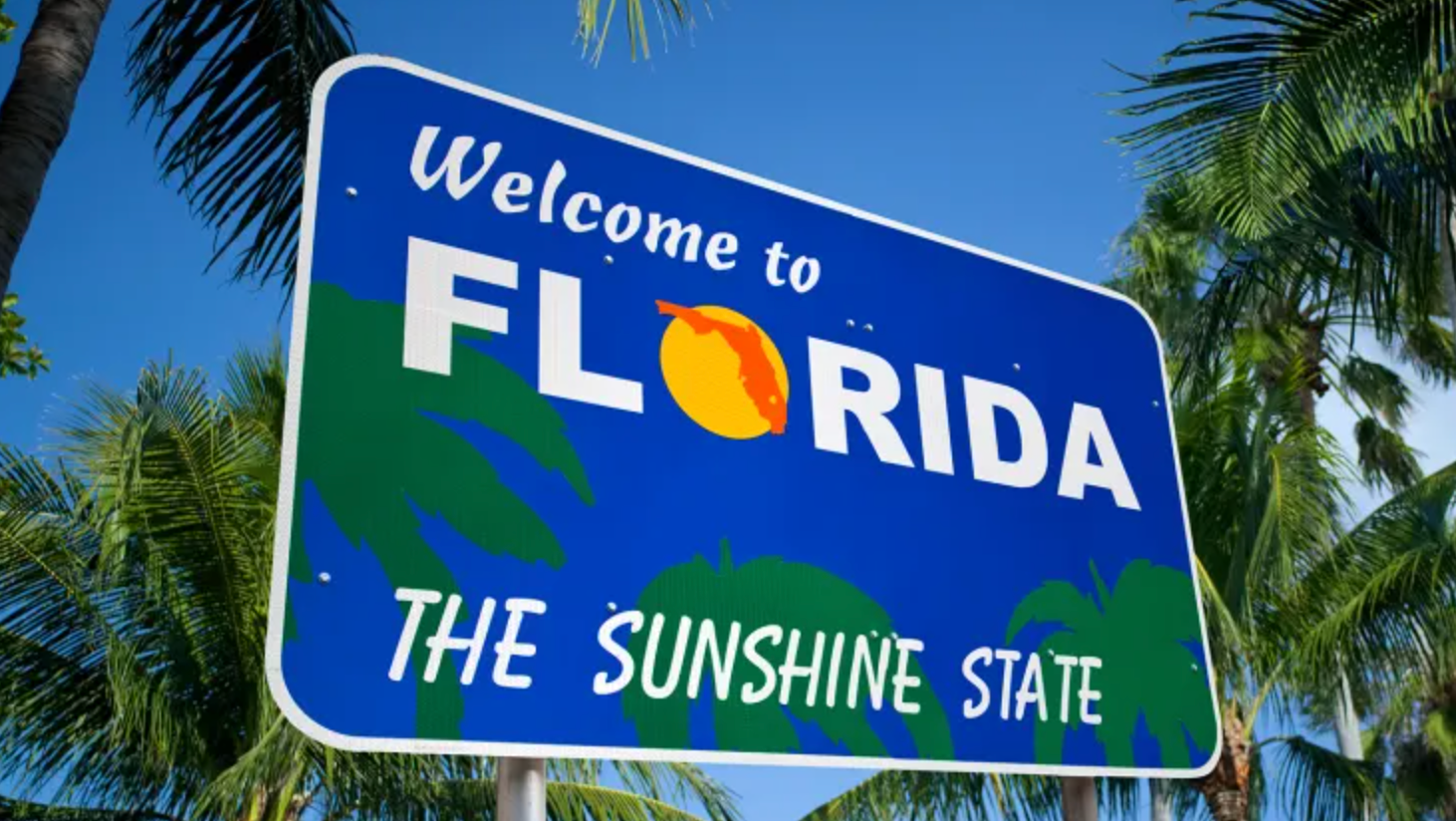Cannabis Legislation at a Crossroads: Florida and Virginia Poised for Policy Shifts
LOS ANGELES- In a significant moment for cannabis policy in the United States, Florida and Virginia stand on the precipice of joining the expanding roster of states with legal cannabis markets. Despite facing distinct legislative hurdles, both states are navigating through a critical juncture that could reshape their approach to cannabis legalization.
Florida: A Ballot Measure Awaits Supreme Court Decision
The Sunshine State’s foray into the legal cannabis market hinges on a citizen-led initiative aiming for a spot on the November ballot. The Florida Supreme Court is expected to rule imminently on whether the adult-use cannabis question will be presented to voters, with a decision deadline set for Monday.
Governor Ron DeSantis, despite his personal opposition and the skepticism voiced by Florida Attorney General Ashley Moody, a close political ally, has expressed optimism about the measure’s prospects. “I think the court is going to approve that,” DeSantis commented, signaling a potential ballot appearance despite the proposal facing criticism for its alleged misleading language.
Experts, however, note that the proposal has undergone extensive refinement and vetting, learning from past failures. For the measure to pass, it will require a 60% majority, a tall order underscored by the divergent public opinion polls and the substantial $40 million backing, predominantly from Trulieve, a major player in the state’s medical cannabis sector.
In parallel, the Florida legislature has introduced new regulations targeting hemp-derived products, setting strict THC limits, and banning delta-8 THC sales, indicating a nuanced legislative approach to cannabis and its derivatives.
Virginia: Governor’s Decision on Retail Sales Bill Pending
Virginia’s path to cannabis legalization is marked by complexity and political maneuvering. The state’s Governor, Glenn Youngkin, faces a decision on SB 448, a bill that proposes to legalize retail cannabis sales by May 2025. Virginia’s unique legislative process leaves Youngkin with a dilemma: sign, veto, or allow the bill to become law through inaction. A lack of action within 30 days post-legislature session automatically enacts the bill, a scenario that seems increasingly plausible as Youngkin navigates the political landscape and public opinion favoring cannabis reform.
This legislative ambiguity comes amid broader discussions on cannabis policy in Virginia, including recent court rulings banning hemp intoxicants, further complicating the state’s stance on cannabis and its various forms.
As Florida and Virginia inch closer to potentially historic shifts in cannabis policy, the outcomes will undoubtedly have far-reaching implications for the legal cannabis market, state economies, and the national dialogue on cannabis legalization. With the clock ticking, stakeholders from both states and beyond await these decisions, poised for a new chapter in the American cannabis narrative.



































